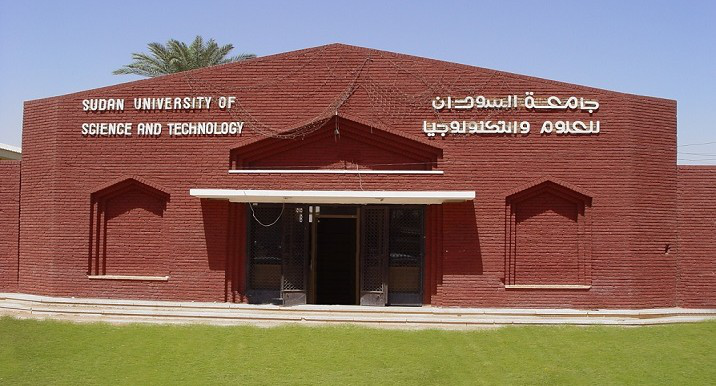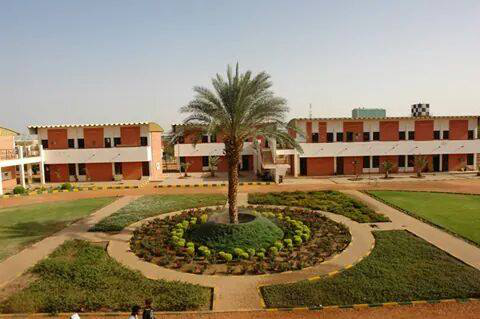
Website: https://www.sustech.edu/
The establishment of Sudan University goes back deep into the modern history of Sudan, during the early stages of education development in the country. Starting with Khartoum Technical School (KTI), and then the Trade School in 1902, the Radiology School in 1932, the Art School in 1946, Khartoum Technical Institute in 1950, Shambat Agricultural Institute in 1954, the Institute of Music and Theater and finally the High Institute for Physical Education for Teachers.
Later on, in 1975, all technical institutes in Sudan were merged with KTI to form what was known as Khartoum Polytechnique (KP). In 1990, KP was upgraded to a university named Sudan University of Science and Technology, with all the institutes getting changed to Collages.
Currently, the university includes 25 colleges, that offer programs at postgraduate levels (doctorate, masters and higher diplomas) and other degrees at the bachelor’s and technical diploma levels, as well as training and continuing studies programs. The university graduates are distinguished by their possession of scientific knowledge in addition to possession of the required skills for applying knowledge, which made our graduates desirable and preferred in the labor market. The university has preserved this advantage through its educational traditions and components of its programs and its possession of the latest laboratories, workshops and technical frameworks, its training for faculty members and its permanent interaction with society.
The university offers its programs through traditional methods and by affiliation (distanced). It also offers many programs based on e-learning methods. The university's majors range from well-established programs in engineering, commerce, agriculture, veterinary, education, science and languages to specialized ones, as well as in radiology, medical laboratories, water and oil technology, and forests, as well as creative majors such as art, music, drama and sports education, in addition to medical fields and pharmacy.
The university culminated in its scientific output by adding modern specializations such as computer and communication sciences, and the university includes many institutes and research centers that take care of the university’s connection with society, such as the Peace Studies and Culture Center, the Institute for Women and Community Development, Laser Institute and Distance Education Center. Furthermore, the university is continuously developing, updating and expanding its programs with steady and firm steps towards achieving its goals and achieving its mission of spreading knowledge, serving society, preparing specialized frameworks and well-qualified assistance.

